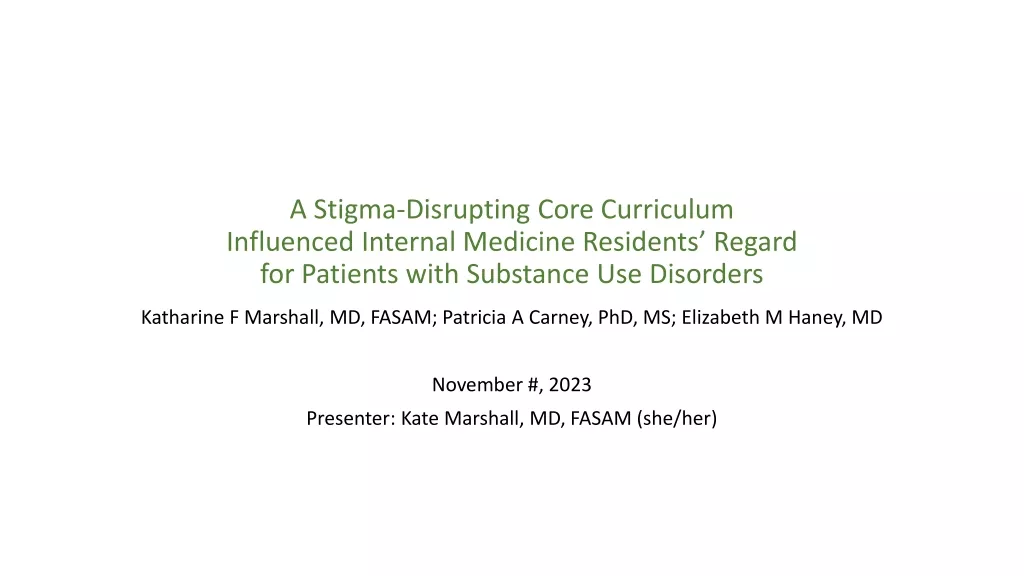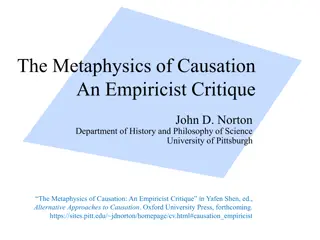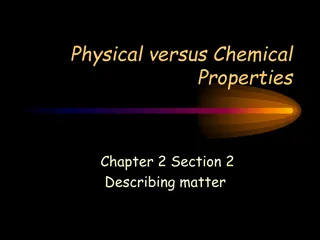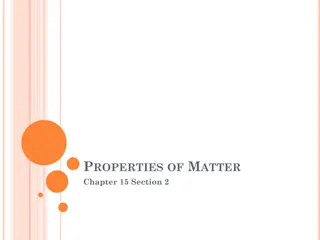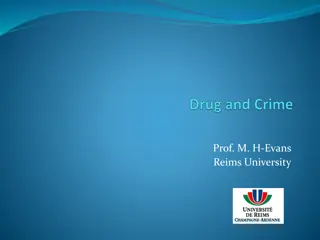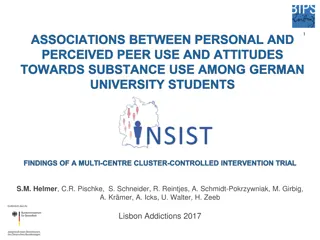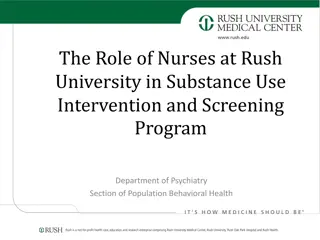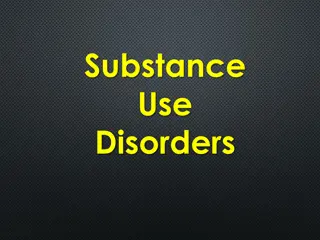The Metaphysics of Mind: Substance, Properties, and Views
Delve into the realm of metaphysics as it pertains to the nature of reality, with a focus on substance and properties. Explore the concepts of substance dualism, monisms like idealism and materialism, and the debate around mental properties and their relation to physical properties. Consider various theories such as property dualism and eliminative materialism in understanding the complexities of the mind-body relationship.
Download Presentation

Please find below an Image/Link to download the presentation.
The content on the website is provided AS IS for your information and personal use only. It may not be sold, licensed, or shared on other websites without obtaining consent from the author.If you encounter any issues during the download, it is possible that the publisher has removed the file from their server.
You are allowed to download the files provided on this website for personal or commercial use, subject to the condition that they are used lawfully. All files are the property of their respective owners.
The content on the website is provided AS IS for your information and personal use only. It may not be sold, licensed, or shared on other websites without obtaining consent from the author.
E N D
Presentation Transcript
The metaphysics of mind Michael Lacewing enquiries@alevelphilosophy.co.uk
Metaphysics What is the fundamental nature of reality? Ontology: What exists? What is the nature of what exists? What is the mind or mental properties? Start with substance and properties
Substance and properties A substance is an entity, a thing, that does not depend on another entity for its continued existence. It has ontological independence Substances are what possess properties. Properties can t exist without substances They depend on substances to exist. Substances persist through changes in properties
Substance dualism Is the mind a substance? Does it depend on the body in order to exist? E.g. can the mind exist on its own after the death of the body? Cartesian substance dualism: there are two sorts of substance, mind (or soul) and matter Minds can exist independent of bodies Mental properties are properties of a mental substance
Monisms Idealism: minds are the only kind of substance Whatever exists is either a mind or depends on a mind Materialism: matter is the only kind of substance Physicalism: replace matter by physical substance in light of recent physics Mental properties Intentionality, consciousness are properties of a physical substance Mental states: beliefs Mental events: thoughts, pains
What are mental properties? Assuming that the only substance is physical substance, are mental properties types of physical property? Type identity theory: yes, mental properties just are physical properties E.g. Thinking a thought is exactly the same thing as certain neurones firing (mind-brain type identity theory) This is reductive physicalism
Two views on mental properties Property dualism: mental are a completely different type of property, neither identical to, nor dependent on, physical properties They are a new type of fundamental property Eliminative materialism: There are no mental properties as we usually think of them no thoughts, no beliefs, etc. Neuroscience will provide better concepts and explanations of human beings
Mind is not a metaphysical question Philosophical behaviourism: mental properties = dispositions to behave in particular ways Functionalism: mental properties are dispositions to behave in particular ways and have certain other mental properties, given certain inputs from the senses and certain other mental properties
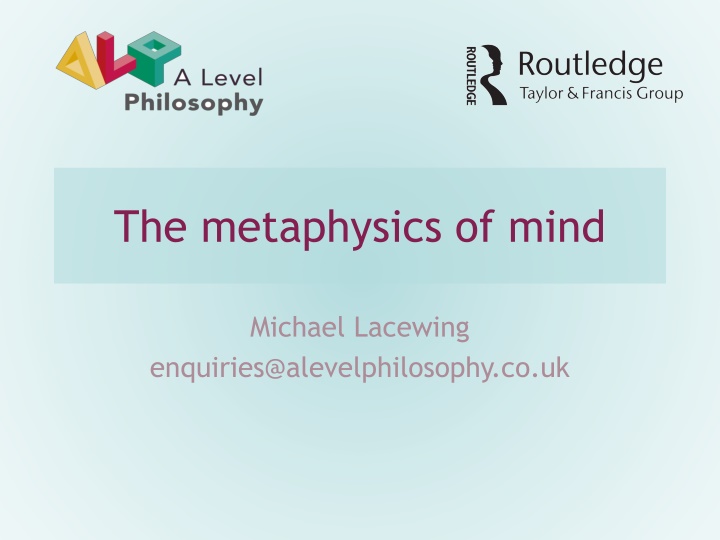

![[PDF⚡READ❤ONLINE] Zen Mind, Beginner's Mind: 50th Anniversary Edition](/thumb/20459/pdf-read-online-zen-mind-beginner-s-mind-50th-anniversary-edition.jpg)


